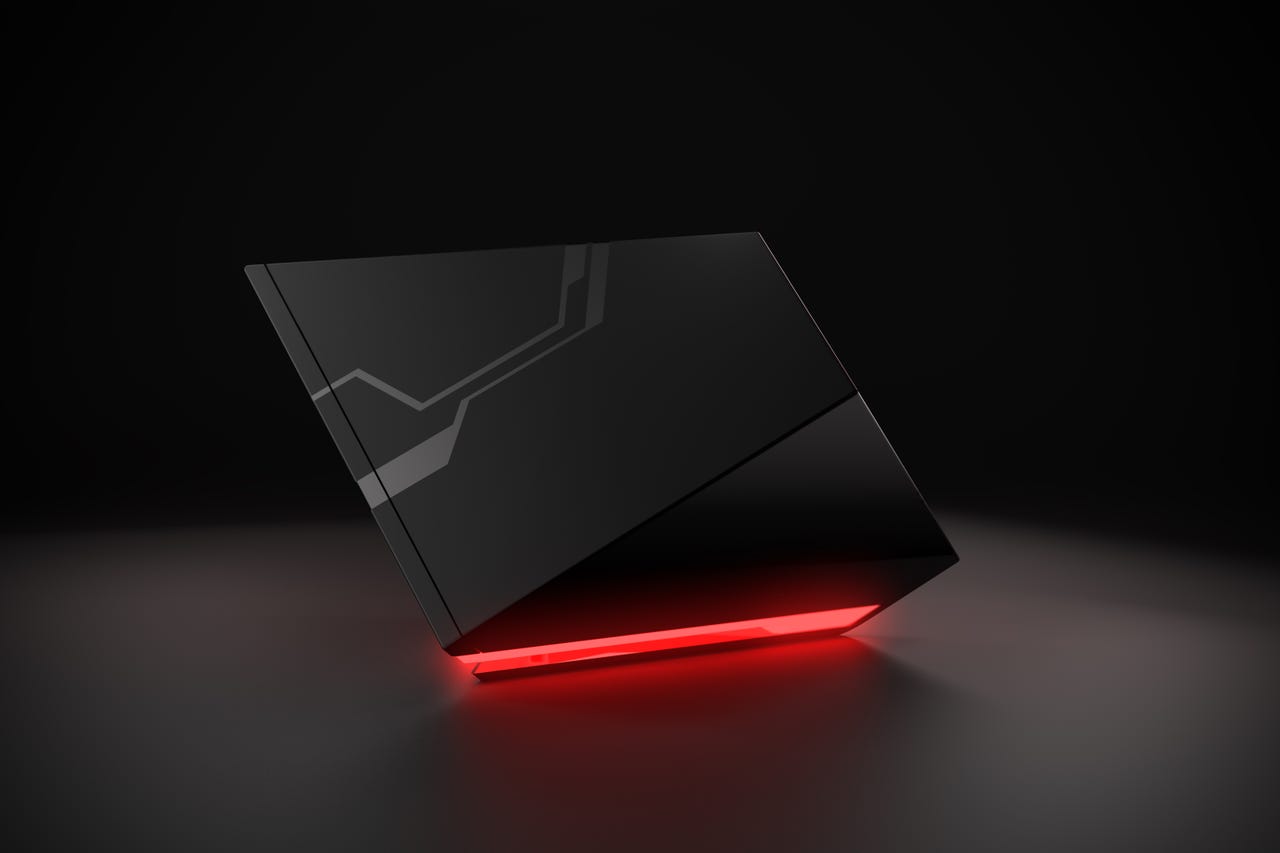Shadow wants to deliver your last PC


While it works with nearly any modern PC, Mac or smartphone, the Shadow service also runs on its own hardware.
Since the dawn of the PC, the debate over the merits of having processing-rich clients has raged on between advocates of centralized and decentralized processing power. Over the past few decades, with few exceptions mostly relegated to high-security IT environments, the market has voted in favor of adding increasingly more computing power at the client. That's allowed consumers to take advantage of great experiences when it comes to the productivity and entertainment experiences PCs allow, but it has also meant dealing with slowing hardware, replacement cycles, new PC research and expenditures in a confusing marketplace with ever-shifting retail options, and the threat of viruses and malware.
Featured
Over the past few years, a number of companies have sought to overlay a streamed virtual PC experience atop existing platforms in order to provide a high-performance PC environment to anyone who met minimal computing and broadband speed requirements. Most of these -- OnLive, Gaikai, and LiquidSky, for example -- have focused at the game market because these are the applications that even modern mainstream PCs -- particularly laptops -- often have difficulty running in their full glory.
While broadband networks have improved greatly since 2010's launch of OnLive, many of these games have left little room for error. The smallest perceived lag due to network latency could mean the literal difference between virtual life and death.
But with cloud computing services from AWS and Microsoft seeing such strong momentum in the enterprise, it was only a matter of time before a company would try its hand at the consumer market again.
The latest to enter the field and claim that it has cracked the code to a zero-latency experience is Blade Group, a French company that has attracted $77 million in funding, including from Microsoft and Intel. Its service, Shadow, provides access to a Windows 10 PC experience via a dedicated connection in the cloud. Like its competitor LiquidSky, there's no particular game service or app store required; users install applications from their usual sources such as the Windows Store or Steam. Blade Group claims it has tested Shadow, its cloud PC service in pro gaming competitions, including a Counterstrike acid test.
Keeping things simple and powerful if pricey, Shadow offers one virtual PC configuration, eight dedicated threads on a Xeon processor equivalent to an Intel Core i7, 12GB of DDR4 RAM, a high-end Nvidia graphics card, and 256GB of storage for $34.95 per month with an annual commitment with higher monthly prices for three-month or one-month terms. That's a higher price than LiquidSky, which offers at least 80 hours per month with 500GB of storage for $19.99 per month.
Assuming a three-year PC replacement cycle, Shadow would come out to $1,260 over that time frame. That would net you a pretty nice PC, albeit not something near the performance of a highest-end gaming PC. Blade estimates that its platform provides the equivalent of a $2,000 PC and is committing to upgrade the host hardware experience as higher-performance options enter the market. As for peripherals, Blade Group executives say that its virtual PC can print to local network printers and work with VR headsets based on Microsoft's mixed reality platform.
Providing the user has access to a 15MBbps broadband connection, Shadow can provide a gaming experience of 1080p at 144Hz or 4K at 60Hz. LiquidSky recommends a minimum of 5Mbs connection and ideally 20Mbs or more. Since, like previous services, Shadow is simply passing video down and input signals back up, the company claims client devices will enjoy significantly longer battery life for applications that would crunch the CPU and GPU.
Having attracted thousands of users in its home country, Shadow will be rolling out across the US over the course of 2018. It will first become available in California in February with signups available as of today. While it is accessible via a full complement of clients -- Windows, Mac, Android, and smart TVs with iOS in the works -- the company plans to introduce its own aggressively designed AMD-powered desktop called the Shadow Box that users can add on to their subscription.
While the Shadow service may strive for a magic experience on the screen, there's little magic behind the scenes. According to company executives, the service's performance has been the result of ruthless optimization at every step along the digital services delivery chain, which it claims is necessary to achieve the experience it provides. The company has partnered with Equinix, a global co-hosting firm, and brings in its own hardware and software stack to power the Shadow experience.
While Shadow is targeting the high-end gaming market first in order to tackle the most demanding applications, Blade Group is clear that it's really about providing on-demand access to a full PC experience. The company claims that half of its users have replaced their PC with Shadow. The price may not be near mainstream appeal today. However, just as we don't feel compelled to keep the entire Netflix library on our hard drives, the Shadow experience raises the issue of how -- particularly in a 5G era -- a rich client computing experience may no longer need expensive, user-managed local devices loaded with substantial processing power.
PREVIOUS AND RELATED COVERAGE
Dell expands PC-as-a-service options
App of the week: LiquidSky is DaaS for gamers, but it's also great for business
Gaming over the web with minimal lag and high-end processing power? That's what LiquidSky is offering, which means it's great for other intensive tasks too.
LiquidSky: A new paradigm for ultra low latency 3D rendering from a cloud-based VM?